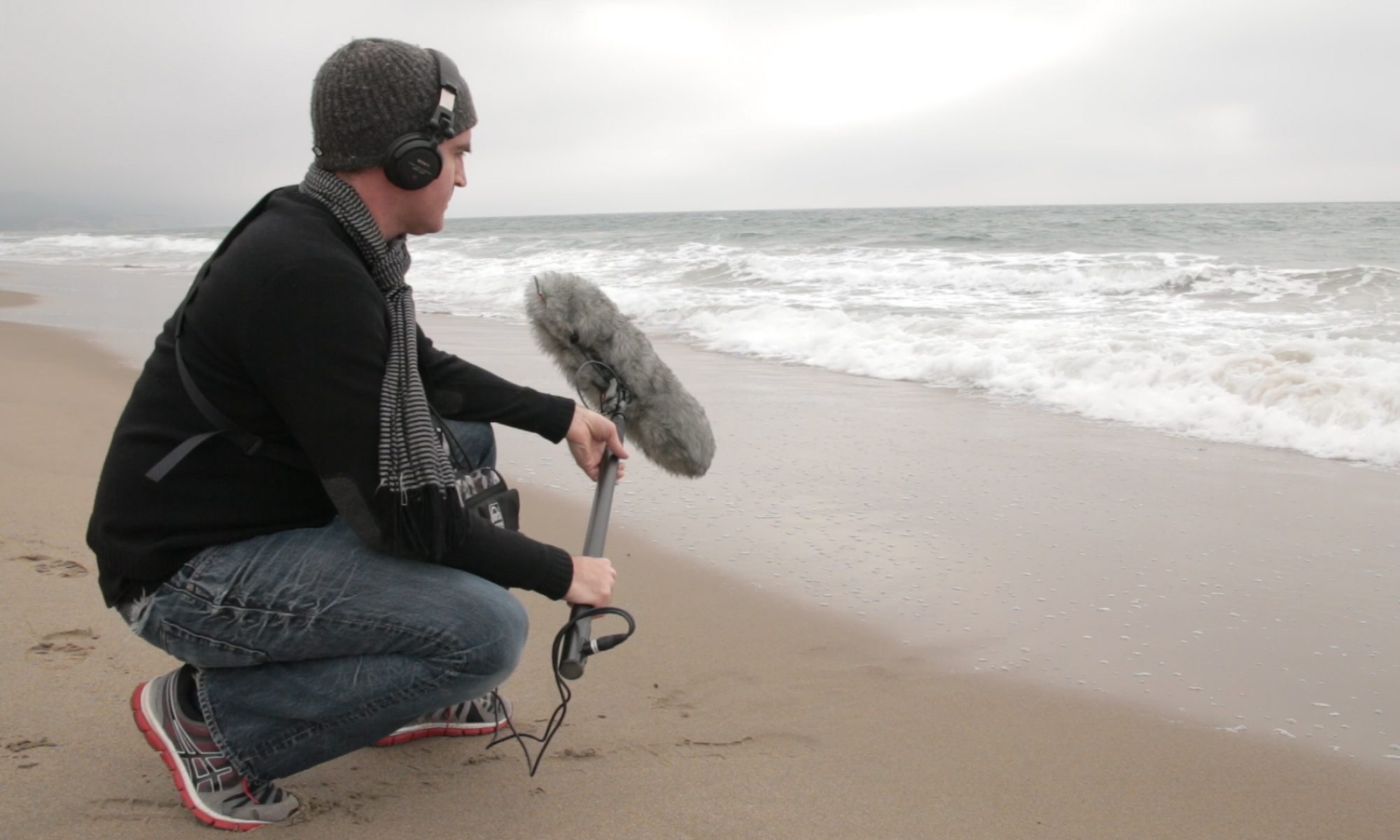I was looking forward to a (relatively) relaxed winter term this year. For the past couple of years, I been busy taking classes for professional growth and writing curriculum for my own new classes. (And composing music, and producing an electronic music festival, and raising two kids, and trying not to get divorced, and…) My plan this quarter was to take just one class, and I don’t have any new classes on my teaching schedule. But, being a glutton for punishment, I decided this was the perfect time to rewrite a pop music history class that I’ve taught many times. It was a solid class, but the previous materials were inherited from another faculty member and didn’t really reflect my personal take on the subject matter. So, I decided a rewrite was in order.
So, the first important fact here is that this is exclusively an online class. Now you may be thinking that updating the course materials for an online class must be easier than preparing a dozen new lectures for a brick & mortar class. You’d be wrong (for the most part). The online class material preparation is quite different from the usual routine of reading, digesting, and presenting information in a classroom setting. The primary difference from my perspective is that I often end up doing my “digesting” of the information while actually writing the online content; despite my best intentions there is never enough time to fully digest everything and then switch over to the “writing code” mentality that is required to get the learning management system (LMS) ready for Monday morning. You see, in an online class, the changes most be “set in stone” early enough to be posted to the LMS at the beginning of each week. And then I can’t really change anything until the next term(!), because there’s a chance that someone will read the material and take that week’s quiz on Monday morning. (How often do you find yourself cursing the proactive students when teaching a brick & mortar class!?!?)
Fortunately, I found an excellent textbook for this particular class: Yeah! Yeah! Yeah! by Bob Stanley. It strikes just the right balance between breath, depth, and readability. And the years covered in the book align almost perfectly with my class (although his book starts about a decade earlier than my course). So the bulk of the work is in organizing the course structure, coming up with meaningful discussion forum topics, building a listening guide (the biggest task), and writing new exams and quizzes. Fortunately, it’s a labor of love with this type of class, although not as near and dear to my heart as my electronic music history class.
One problem that arises with online courses is something that might not occur to teachers who only teach in the classroom; the blowback from requiring ANY textbook, even one that costs $10 as an e-book, is pretty intense. I think the reason for this is that my classes are very inexpensive (for CA residents), which in turn makes the slightest additional cost more meaningful. I went to college in the era of the $100-200 book expense for almost every college class, so it’s a little hard for me to relate. But the downward pricing pressure on ALL media is obviously a huge thing these days, and you can see it in the open source book movement. Anyway, there’s quite a bit of pressure for online instructors to write proprietary course content. I do it for several of my classe, but it is a MASSIVE undertaking that requires a summer break (or similar amount of time). The rewards can be worth it: you end up with content that reflects your own personal take on the subject, and there seems to be small connection between courses with no book fees and enrollment numbers. But I’ve never really investigated to see if the enrollment connection is true. Perhaps I’ll poll my fine arts colleagues and see if there’s some merit to that hypothesis.
Regardless, I’m using a book for this class and it seems to be working. I guess we’ll see.
